What appeared to be a harmless trip to Israel has now turned into a full-blown public health emergency in New York: measles is on the rise and vaccinations are now mandatory.
The Centers for Disease Control and Prevention (CDC) has confirmed 626 individual cases of measles across 22 US states, a disease that was previously eradicated in 2000. The highly contagious disease can be spread through coughing and sneezing, causing the next victim to develop a high fever, runny nose, pink eye and a red blotchy rash.
This year’s outbreak began with measles picked up from Israel and spread mostly to unvaccinated individuals in an Orthodox Jewish community.
Despite efforts to push vaccinations in afflicted neighborhoods (Williamsburg, Brooklyn) – including a ban on unvaccinated children from going to school – the outbreak has not subsided. Earlier this month, Mayor Bill de Blasio declared a public health emergency that ordered unvaccinated individuals living in certain area codes to receive the measles vaccines or face a $1,000 fine.
Unvaccinated children in the zip codes of 11205, 11206, 11211 and 11249 may not return to school or daycare for the duration of this outbreak.
If you choose to not vaccinate, you will be fined. We have to protect our kids and our families.
— Mayor Eric Adams (@NYCMayor) April 10, 2019
“This is the epicenter of a measles outbreak that is very, very troubling and must be dealt with immediately,” said Mr. de Blasio at a news conference in Williamsburg. “The measles vaccine works. It is safe, it is effective, it is time-tested.” The CDC reports that two doses of the Measles-Mumps-Rubella (MMR) vaccine is about 97 percent effective at preventing measles.
However, not all New Yorkers agree that this is the right step forward. Last week, five mothers filed a lawsuit against the city, arguing that there is “insufficient evidence” to substantiate forced vaccinations, and that city health officials could have opted for other means of disease control such as quarantining infected persons. They also claimed that this mandate overrides their religious practices unnecessarily.
Not all mandatory vaccinations are met with resistance, as was the case in 1991, when measles infected 1,400 people in Philadelphia. Dr. Paul Offit, Director of the Vaccine Education Center at the Children’s Hospital of Philadelphia, said that attendees of two fundamentalist churches were “peaceful” and “placid” when the court ordered them to vaccinate their children against measles.
Experts attribute the outbreak to an increase in the number of travelers who contract measles from aboard and bring it back to the US plus the spread of measles in unvaccinated communities. Widespread vaccination can lead to herd immunity, a phenomenon where individuals are indirectly protected from a disease as a result of living among people who are immune to it. Without herd immunity, vulnerable populations like young children, the elderly and immunocompromised people are at a greater risk of contracting the disease.
The anti-vaccination movement could be contributing to the return of previously-eliminated diseases like measles. The since-debunked, fraudulent claim linking an increased risk for autism with the MMR vaccine continues to spark fear and hesitation among parents. At the same time, scientists refute these claims with large retrospective studies indicating no link between prenatal vaccination and autism. Authors of a New England Journal of Medicine commentary warn that the decline in measles vaccinations can result in the “reemergence of measles into new populations”.
Measles has also affected individuals living in Rockland, New York as well as Michigan.


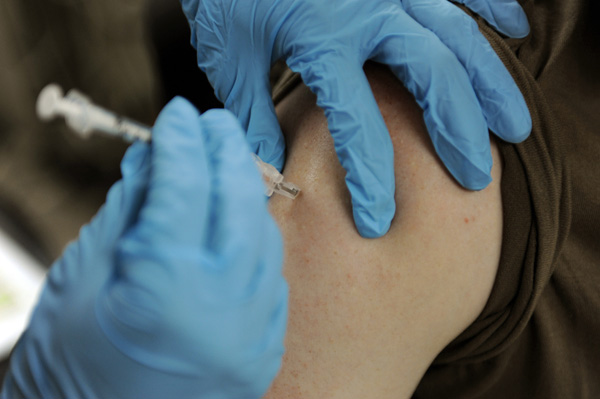
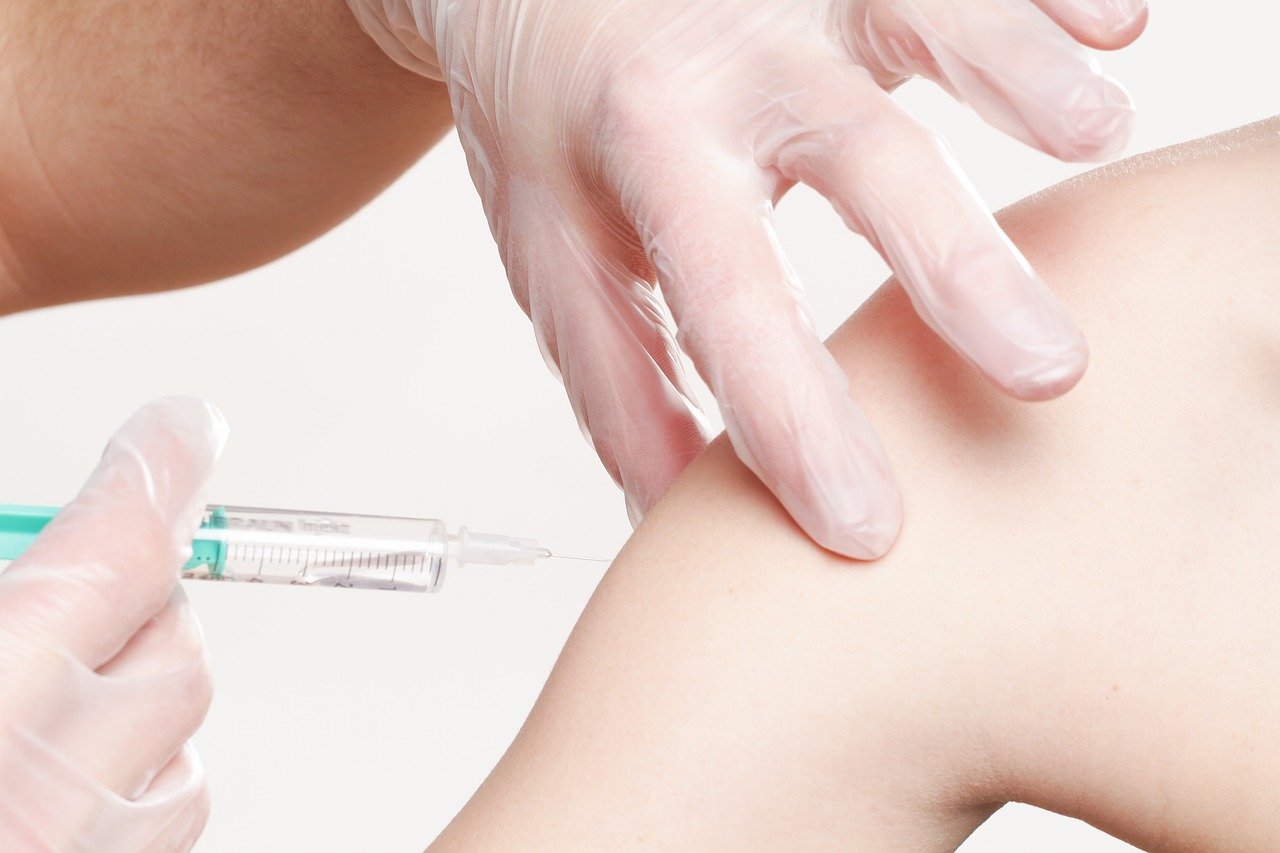
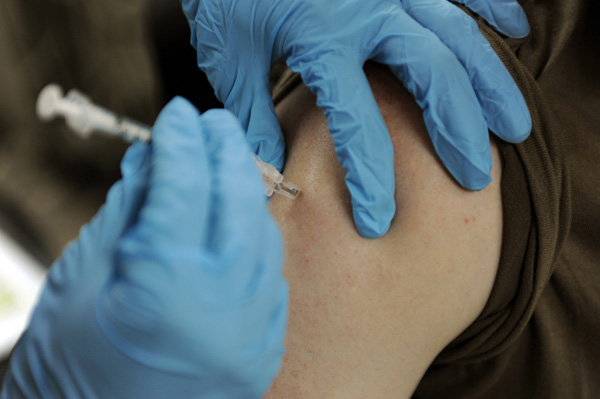
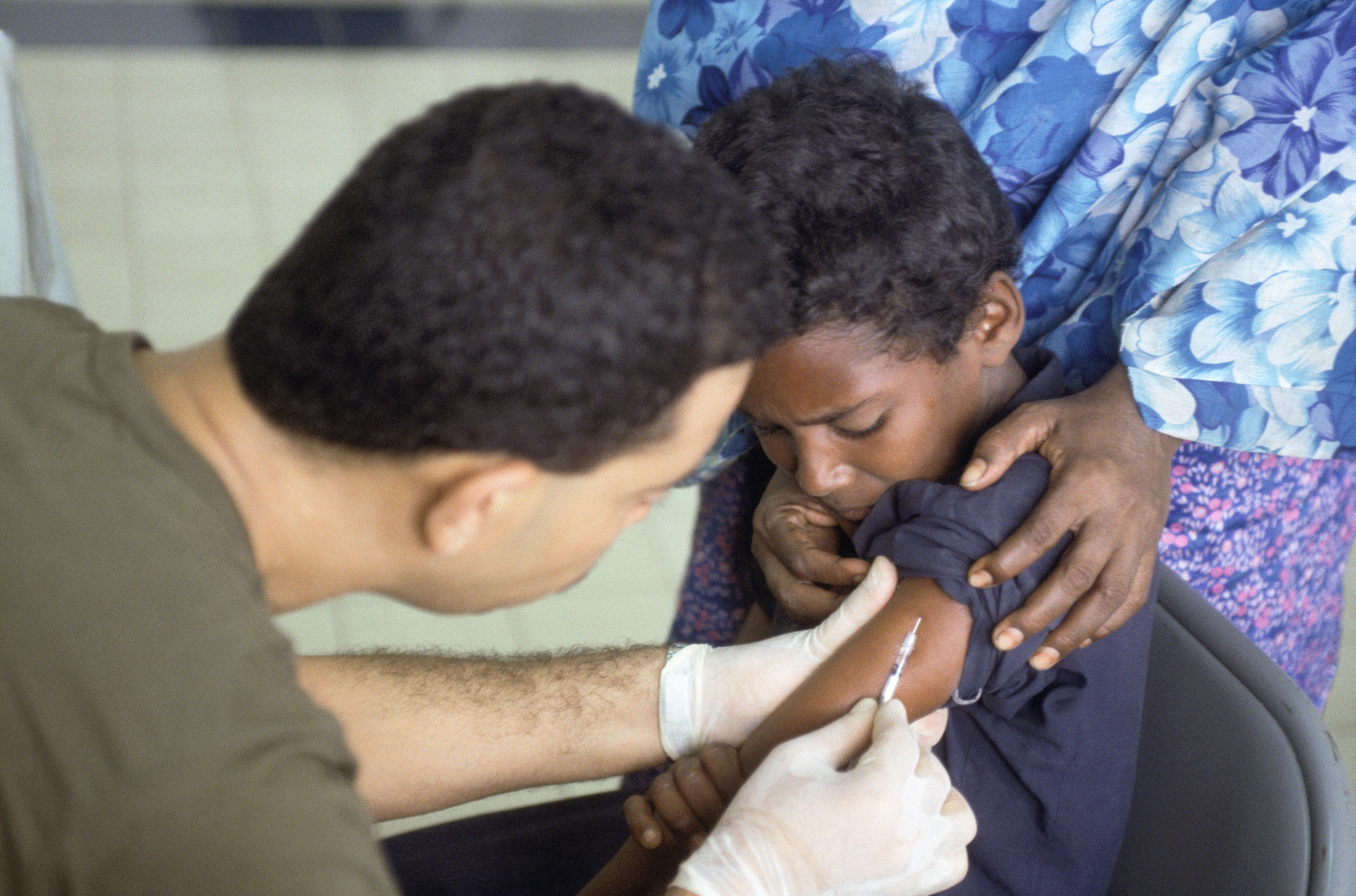
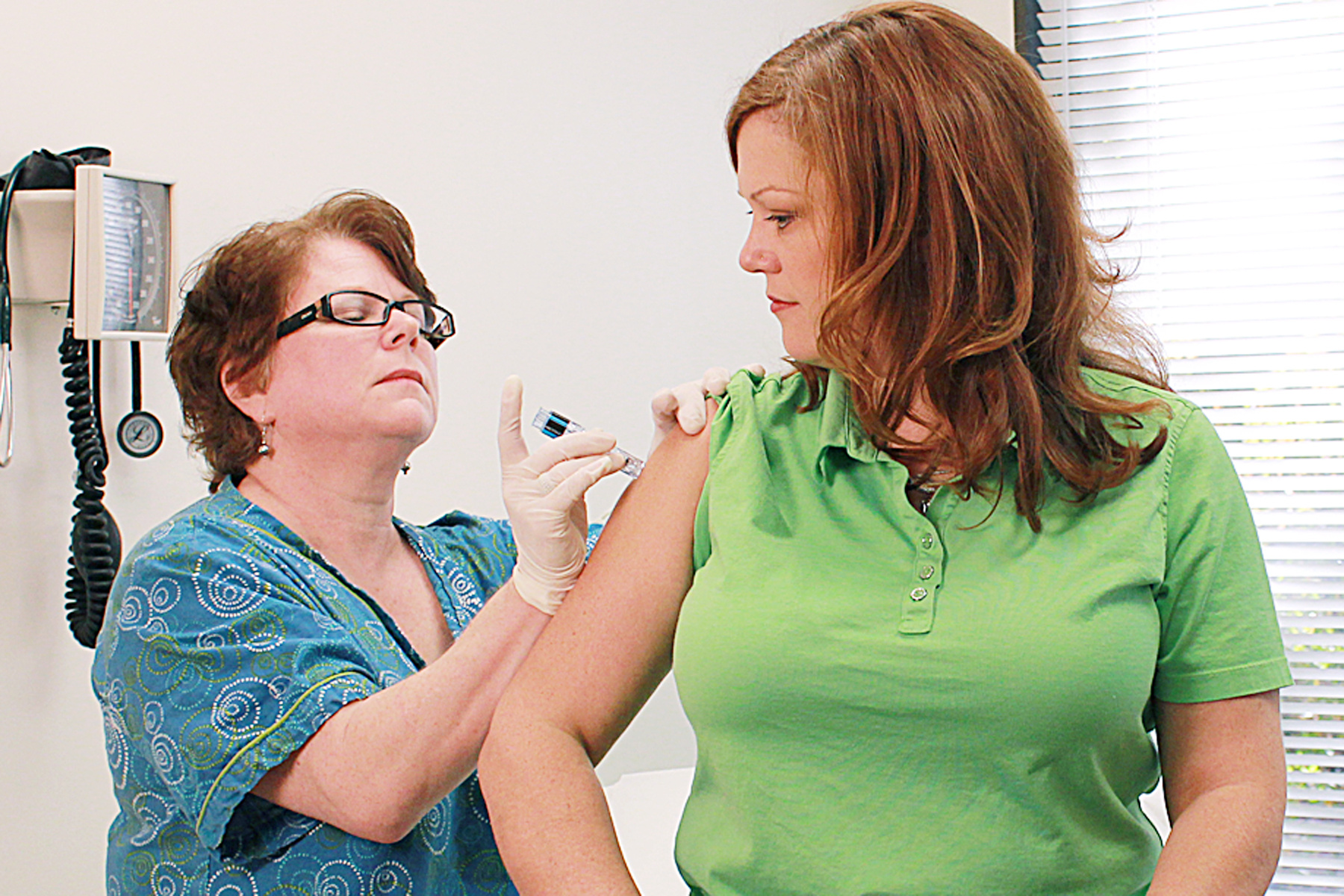




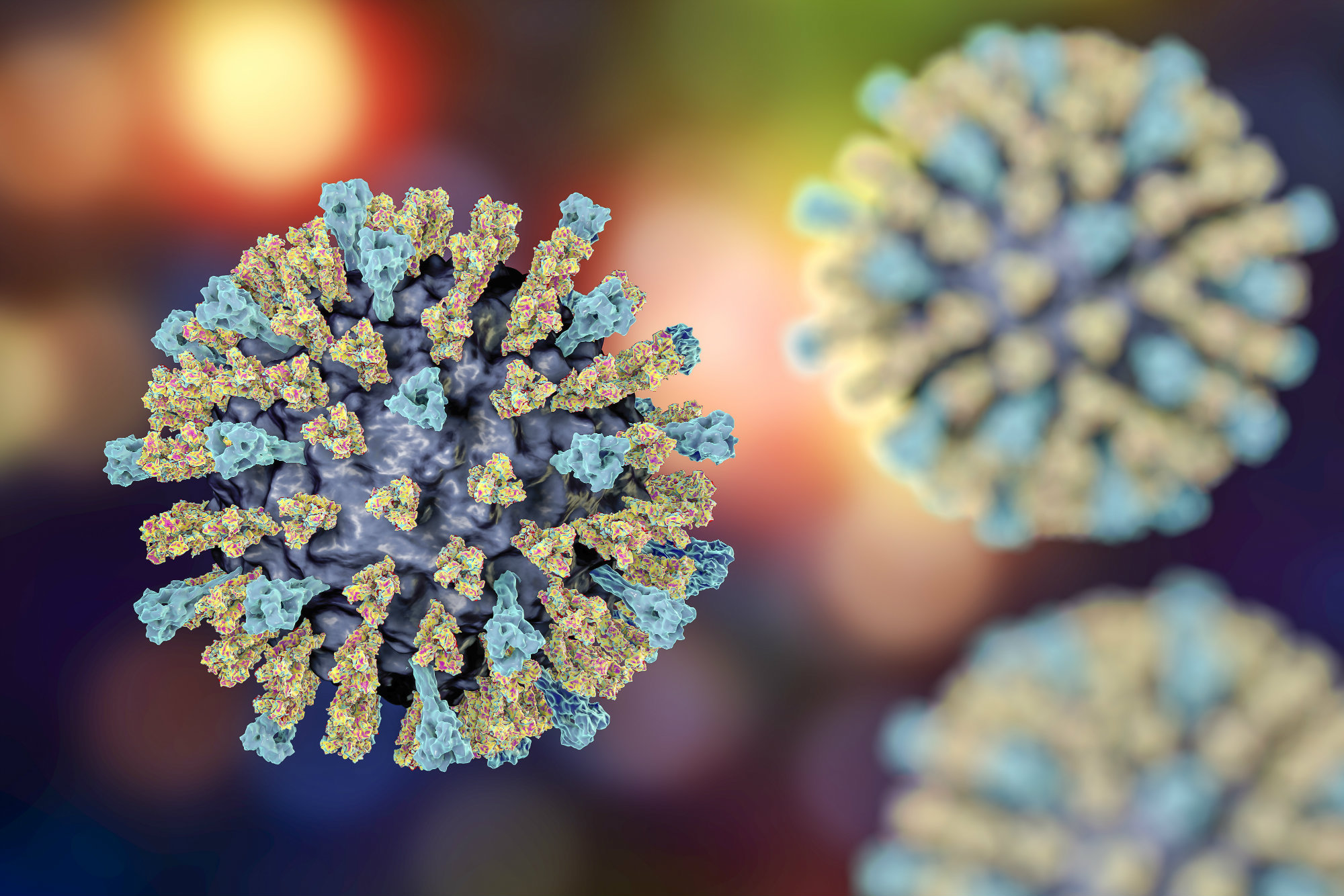
Join or login to leave a comment
JOIN LOGIN